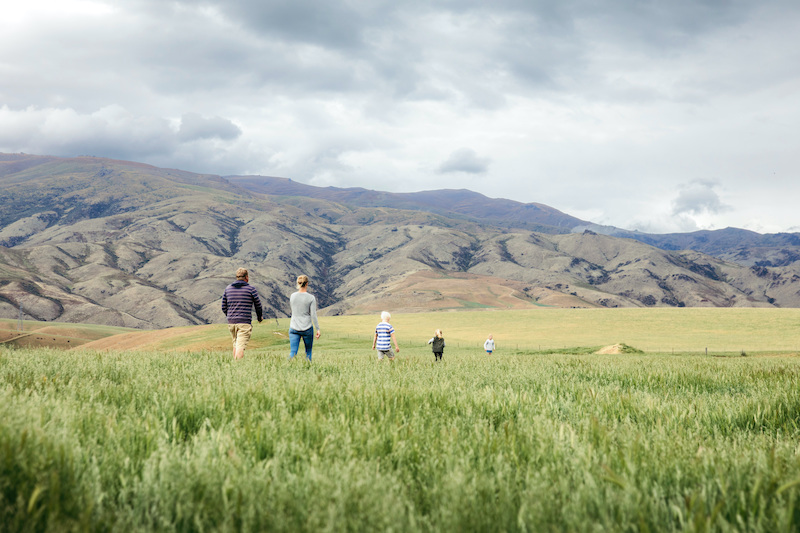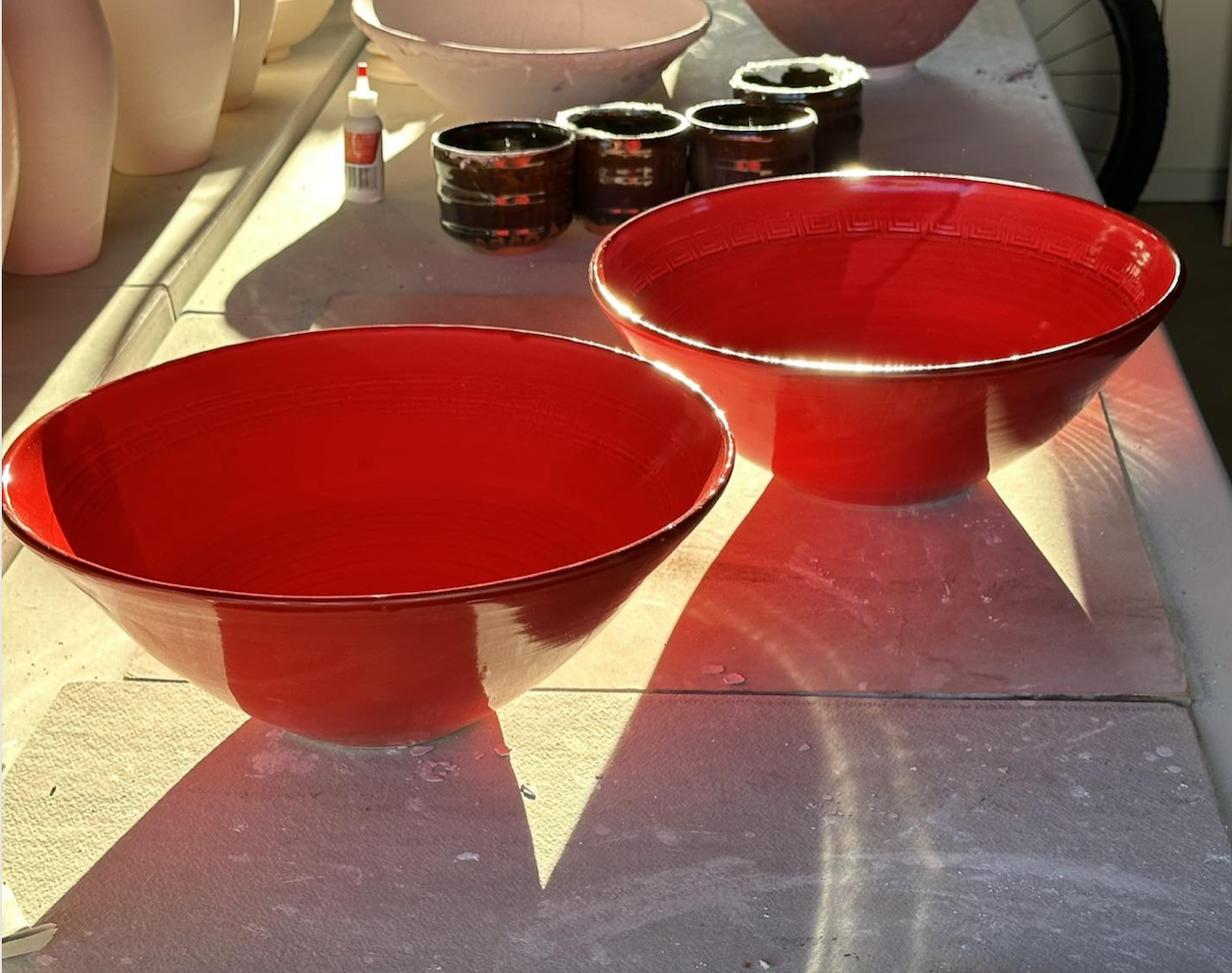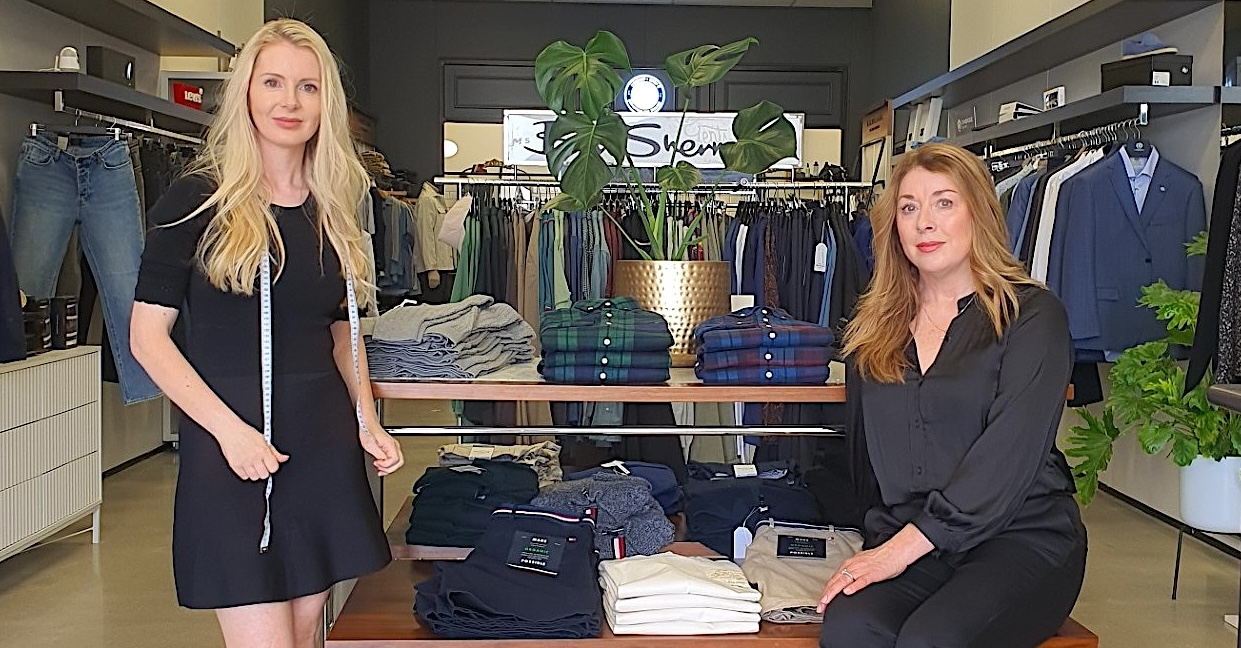Repurposing Merino at Devold

A novel initiative known as the Merino Amnesty has been launched by Devold New Zealand this winter to encourage people to repurpose their merino garments which will be donated to an international charity.
Based on the sustainable clothing principles the international clothing company champions Devold New Zealand director Sarah Perriam hopes locals will take up the amnesty challenge to support the Orphans Aid charity as well as the planet.
“ We see it as our obligation to inspire, innovate and educate and we endorse an ethical resource efficient supply chain placing high importance on our clothing provenance. Our aim is to educate customers of our practices because by knowing better they can purchase better.”
“We are really encouraging locals to think about what they do with the merino they no longer use. By repurposing and keeping clothes out of the landfill the amnesty’s purpose is to enable everyone to experience the benefits of merino, not only those that can afford it.”

The merino amnesty operates from Devold New Zealand’s flagship store in Wānaka which opened in 2021 introducing the premium Scandinavian outdoor clothing brand to New Zealand.
“Our aim is to keep items above the ground and not in it so customers can bring in any merino garment that didn’t stand the test of time for them and receive a discount towards the purchase of a new Devold clothing item,” says Sarah.
“Then we will repair and repurpose the item that may have promised more than it delivered and in doing so help others. Winter is the time when people are most in need of merino clothing and we have already received 30 items to redistribute through Orphans Aid which is amazing.”
Devold has a long-standing, global reputation for producing high performance and lifestyle garments from natural wool and fibres including New Zealand merino wool. The company launched its Sheep to Shop programme in 2017 with a pledge of full traceability and total transparency at every step of the value chain.
“All our wool is traceable right down to the farm from which it came. Since wool quality depends on sheep welfare, the farms we work with always abide by the Five Freedoms for Animal Welfare,” says Sarah.
“None of the farms that Devold cooperates with use the controversial mulesing method nor do we purchase wool without a certificate confirming that the sheep have not been mulesed. This means people can be confident their wool garment is produced ethically.”



